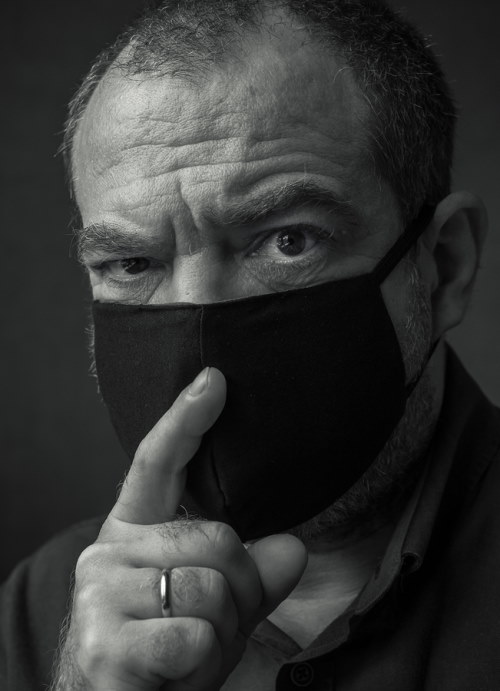Can the COVID narrative be trusted?

An article in a recent issue of a Catholic newspaper prompted some thoughts on my part. I have to admit that I am distrustful of the COVID-19 narrative offered by the government and media today. Stay inside forever. Everyone quit their jobs until it’s completely safe. Yeah.
Science holds the truth of the matter when it comes to safety, but which messenger does one believe?
I guess you could call me a conspiracy theorist, but here’s how I came to that point. In the early 1980s I worked as the public relations officer of the Couple to Couple League, a well-respected natural family planning organization. It was my job to regularly visit the local university medical library and find dirt on the birth control pill. We at the League wanted to explain not only the religious and relationship reasons for choosing NFP over artificial birth control, but to explain the real physical dangers of the pill as well.
Dirt on the Pill
In my trips to the library, it was almost impossible to find scientific articles, or calls for reform, pointing out the dangers of the pill. (There was plenty of outcry against the dangers of boxing among these doctors.) But there are many dangers of the oral contraceptives: cardiovascular problems, blood clots, deep vein thrombosis, clots on the lung, strokes and heart attacks. There was, as is today, virtual silence about the suffering and sometimes death women endure with this powerful and harmful drug.
The backstory is that when the birth control pill was unleashed upon the public in 1960, a weak FDA caved in to both public demand for it and the powerful political interests of big pharma. (See Reproductive Rights and the State: Getting the Birth Control, RU-486, and Morning-After Pills and the Gardasil Vaccine to the U.S. Market, by Melissa Haussman, Amazon, and Google Books, pg. 48).
Too-trustful
I know that as a Catholic Christian I should keep a clear mind about internet conspiracy claims. But we should also be cautious of a too-trustful acceptance of the claims of the dangers of the coronavirus. To say nothing of the draconian social solutions suggested to solve the problem. This narrative is delivered by the triumvirate of government, media and academia. These three are lock-step in place in delivering a message that is not always based on science and is likely to have ulterior motives.
Is the widespread threat of COVID-19 to be glibly accepted? Can our civic leaders be trusted? These leaders have legalized and promoted the killing of unborn children for nearly fifty years – do they come from high and noble motives? I doubt it. Are these people strong believers in God? In objective truth about morality? In the inherent dignity of its weakest citizens? I hardly think so.
Independence of mind
On the other hand, people of faith seem to have a certain independence of mind that question broadly-made claims. Yes, the nightly news is suspect. I’ll admit that health concerns rest on science. But science rests on material creation – which was made by God. So, Christians, Jews, and even Muslims trust in an authority much more fundamental than those controlling society’s narrative.
Another point is that the so-called conspiracy theories I have seen on the internet are not grounded on a religious defense. They at least claim to be scientific.
Overall, I see religious belief in society as a healthy thing. Its abuses are not that widespread. Religious belief helps to form a foundation for objectivity. This is certainly needed in a society whose controllers increasingly tend toward tyranny rather than a respect for the God-given dignity of the human person.
Don’t drink the Kool-Aid!


